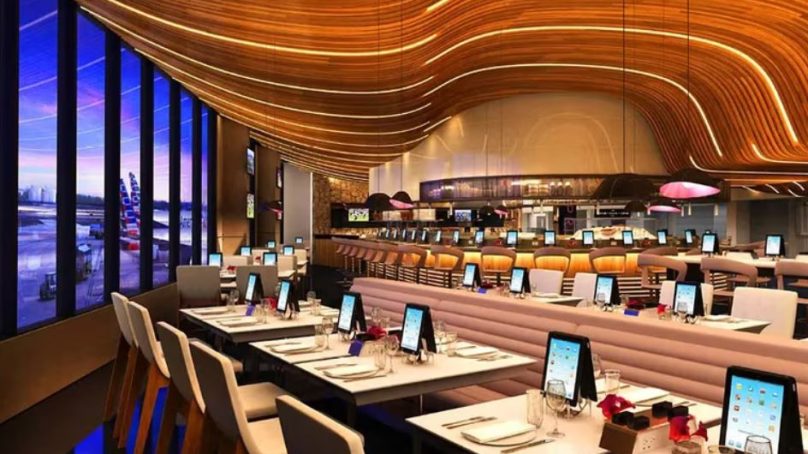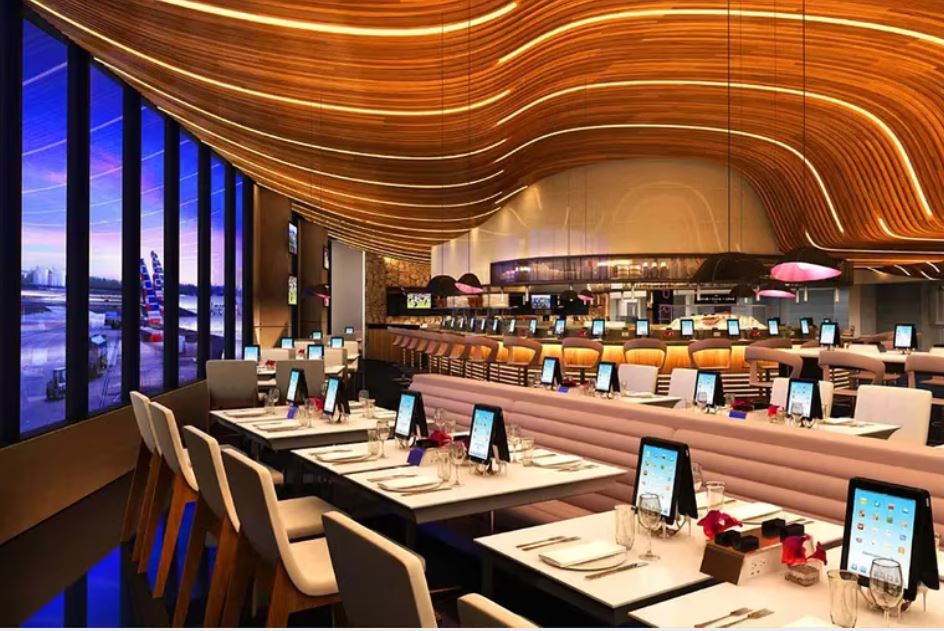

Food literacy has hit an all-time high. The palates of consumers have become more refined, and people are more aware of health and wellness. Processes within the F&B industry are evolving to engage with busier customers and higher expectations.
Shift towards hyper-personalization
While online food delivery platforms have boosted small businesses and individualized food experiences, they have also ushered in a shift toward hyper-personalization. In the quest for customer satisfaction and loyalty, F&B businesses must adapt to demand for personalized options, driving profitability.
Even in a saturated market, hyper-personalization is letting businesses stand out from the competition, helping them gain valuable insights into their target market and refine their marketing strategies. In addition, hyper-personalization aids them in developing new and innovative must-have products. Generative AI solutions are like hyper-personalization on steroids, requiring fewer resources. Customers can now voice their wishes, and the genie delivers.
Statistics
As of 2023, the global generative AI market was worth USD 13.71 billion. By 2025, it will account for 10 percent of all data produced. We can expect the generative AI market to reach USD 110.8 billion by 2030. The F&B industry will be no exception.
With the combination of mar-tech (marketing technology) and LLMs, businesses can now open a new door for a world of possibilities and engage with customers in a highly tailored and effective manner.
Four effective F&B strategies
To facilitate hyper-personalized experiences, four effective strategies can be implemented.
Cultural understanding
Businesses benefit from embracing local culture and aligning offerings with customer preferences and traditions for a stronger connection. Thus, familiarity with local cultures allows for tailored food choices, influenced by culinary heritage and individual tastes. AI can adapt to this culinary preference by suggesting very similar options that are culturally relevant. For instance, halal food is essential in Saudi Arabia and Islamic countries.
Compliance with local laws
By staying informed about local regulations and legal requirements, businesses can ensure their menu offerings align with the specific needs and guidelines of the community they serve. The AI must be tailored to comply with the taxation laws in certain countries that will differ from others as well as follow national holidays and other laws and regulations that might affect the hyper-personalization that AI can offer.
Language adaptation
Effective communication plays a crucial role in delivering personalized experiences. F&B businesses must invest their time in understanding the language spoken by their customers. Therefore, to establish a personalized connection, LLMs must integrate various dialects and slang that people use in their daily conversations. The revolution lies in speaking to machines, enhancing interactions and enabling hyper-personalized experiences through natural language communication. With the power of natural language, we can have more seamless communication and tailored interactions.
Trend awareness
To remain relevant and meet evolving customer expectations, businesses must stay attuned to the latest trends in the industry. Thus, businesses can leverage AI to tailor their product offerings accordingly. AI can adapt to new diets, creating personalized menus based on your eating habits, allergies and preferences, thereby enhancing food choices.
Final thoughts
Robotics in restaurant kitchens, serving as staff and preparing meals, elicit mixed reactions, hinting at changing culinary landscapes.
AI’s rise transforms restaurants into providers of unique, personalized experiences. Thus, static menus are a thing of the past; AI adapts to preferences, guaranteeing a unique dining experience for each customer.
Undoubtedly, the F&B industry’s future promises unprecedented customer satisfaction and innovation.

Mohamed Al Fayed,
CEO and co-founder of Grubtech
@grub.tech
grubtech.com













